New Product Change Notice (PCN) effective Jan 1, 2025. MICROSENSOR appreciate your understanding.
Anti-Corrosive Pressure Sensors
Corrosive media refers to liquids and gases that are corrosive, aggressive, or highly polluting. Corrosive media include high concentrations of strong acids, strong alkali, and some salts. Over time, these measured media can cause the following potential failures or performance losses in the pressure sensor.
• Material Corrosion or Wear
These media can corrode or wear the housing and sensing element of the pressure sensor through chemical reactions. The properties of materials such as O-rings will also gradually weaken or deteriorate. Changes in material surface and structure can cause damage to product integrity and even sensor failure.
The eroded sensor material will also contaminate the measured medium. In the pharmaceutical, food and beverage manufacturing industries with high media requirements, corrosion products can have a negative impact on product quality.
• Reduce Accuracy
The isolation diaphragm of the pressure sensor will be in contact with corrosive media for a long time. Corrosive media react with the sensing element and affect the resistance. This causes inaccurate pressure readings, affecting the accuracy of the pressure sensor.
• Shorten Service Life
Long-term exposure to corrosive medium accelerates the wear and degradation of sensor materials. The service life of the pressure sensor is thus shortened. This means that the part needs to be replaced frequently. This increases maintenance costs and downtime.
• Security Risks
Pressure transducer failure due to corrosion can pose a safety risk. Leakage or rupture of high-pressure systems or hazardous media can cause harm to personnel, equipment, and the environment.
MicroSensor Pressure Sensor Material for Corrosive Media
The corrosive medium in contact with the pressure sensor determines the diaphragm and housing materials. This is a necessary condition for configuring the pressure sensor. The following are available corrosion-resistant materials and features:
• Titanium: The corrosion resistance of titanium is much better than stainless steel. An oxide film will quickly form on the titanium surface in contact with corrosive ions. This film exhibits excellent corrosion resistance under a variety of corrosion conditions. The titanium material provided by MicroSensor has strong resistance to pitting corrosion, acid corrosion, stress corrosion, such as nitric acid, sulfuric acid, alkali and chloride, etc. The full titanium diaphragm pressure sensor MPM280TI can be applied to media with complex compositions.
• Tantalum: The reason for the corrosion resistance of tantalum is the naturally existing oxide film on the surface. Tantalum has high stability in acidic gases and liquids such as hydrochloric acid and concentrated nitric acid.
• Hastelloy: Hastelloy, an almighty anti-corrosion alloy, is suitable for harsh environments with strong acids and alkalis. Hastelloy C-276 is also fit for sulfuric acid solutions of various concentrations. MicroSensor's Hastelloy C Diaphragm with FKM O-ring is a good choice for pressure detection in highly corrosive environments. The full Hastelloy pressure sensor MPM280HH is recommended for alkaline media. Referral applications include oil and gas production, chemical tank level monitoring, pollution control, chemical processing, and more.
MicroSensor's various optional metal materials meet different corrosive pressure media's measurement and control needs. Anti-corrosive Pressure Sensors are specifically designed to monitor corrosive, aggressive, or highly contaminated liquids and gases.
-
Reliable Measurement Solutions for Marine VOCs Monitoring
As IMO emission regulations continue to tighten, VOC control has become a standard requirement in marine environmental protection systems. Ensuring safe, stable, and compliant operation of VOC treatment units—such as RTO systems, adso...
-
Understanding the Differential Pressure Measurement
Differential pressure measurement transforms the comparison of two pressure points into actionable intelligence for system health, efficiency, and safety. At its core, it does not merely report static values but reveals the dynamic rel...
-
Electromagnetic Flowmeters in Plumbing Flow Test Benches
Flow testing is a fundamental and critical step in the factory inspection of plumbing products, including faucets, angle valves, mixing valves, and fittings. Accurate and repeatable flow measurements directly impact product performance...
-
MDM7000 Series Pressure Transmitters Obtain IECEx Flameproof Certification
In industries such as oil and gas, chemical processing, LNG, and marine engineering, pressure instrumentation must deliver not only accurate measurement but also proven safety and long-term stability in demanding and potentially explos...
-
Micro Sensor Concludes Its 8th Technology Conference
As digitalization and intelligent manufacturing continue to advance, technical capabilities have become a key driver of long-term growth in the measurement and control industry. In 2025, Micro Sensor held its 8th Technology Conference,...
-
Pressure, Flow, and Temperature Solutions for Straw-to-Sugar Production
Driven by China’s “dual-carbon” strategy and the growing circular economy, straw-based sugar production has emerged as a key pathway for turning agricultural residues into valuable resources. By converting crop straw into sugar solu...
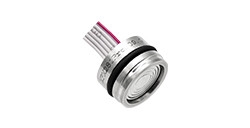
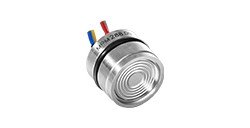
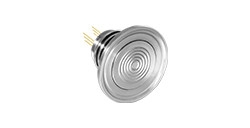
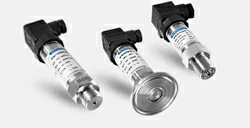
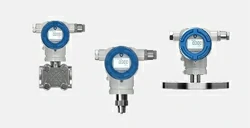
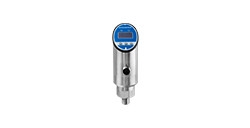
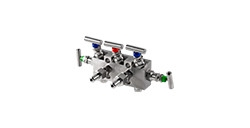
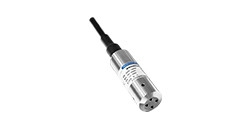
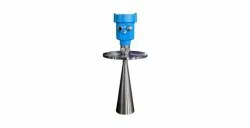
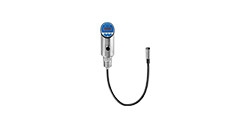
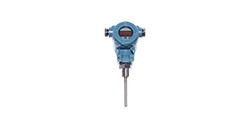
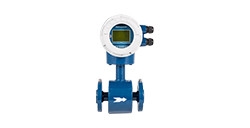
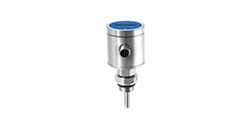
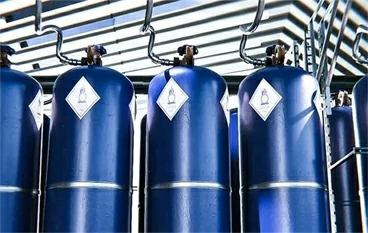
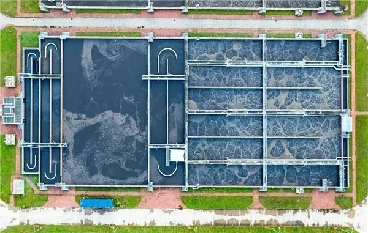
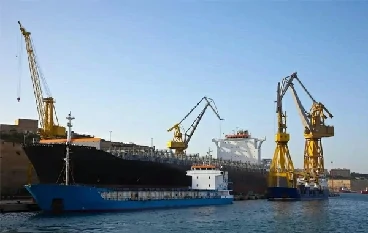
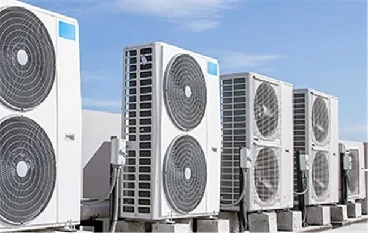
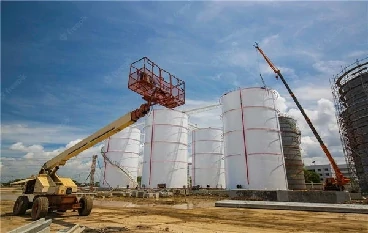
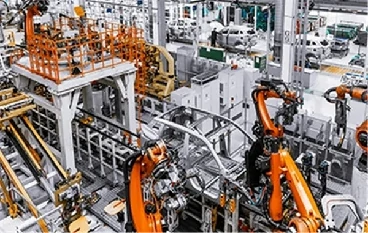
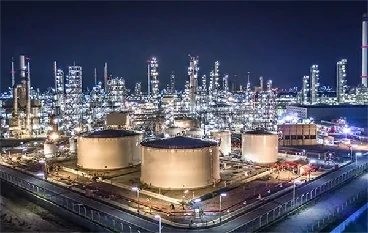
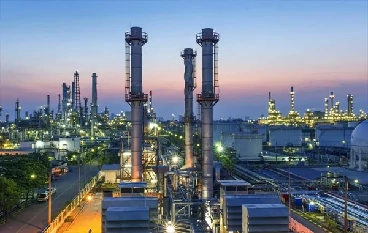

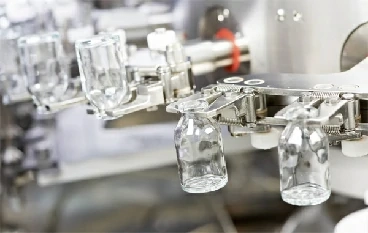
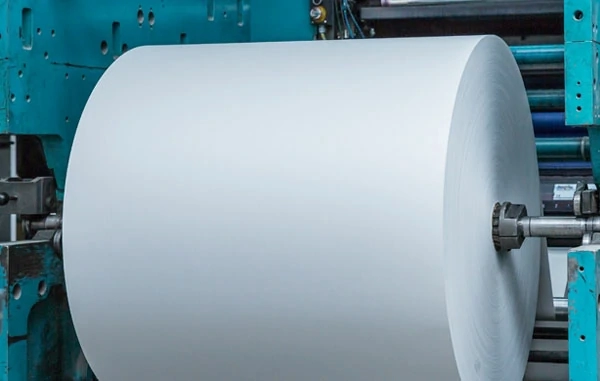
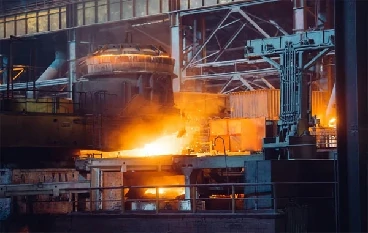

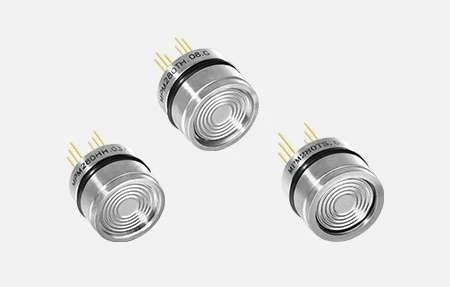
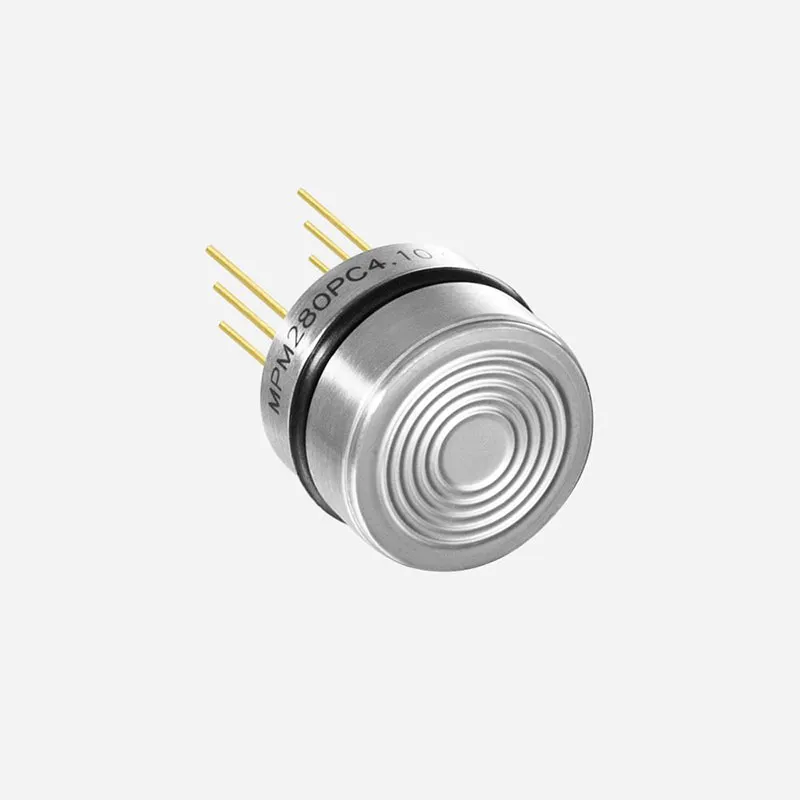
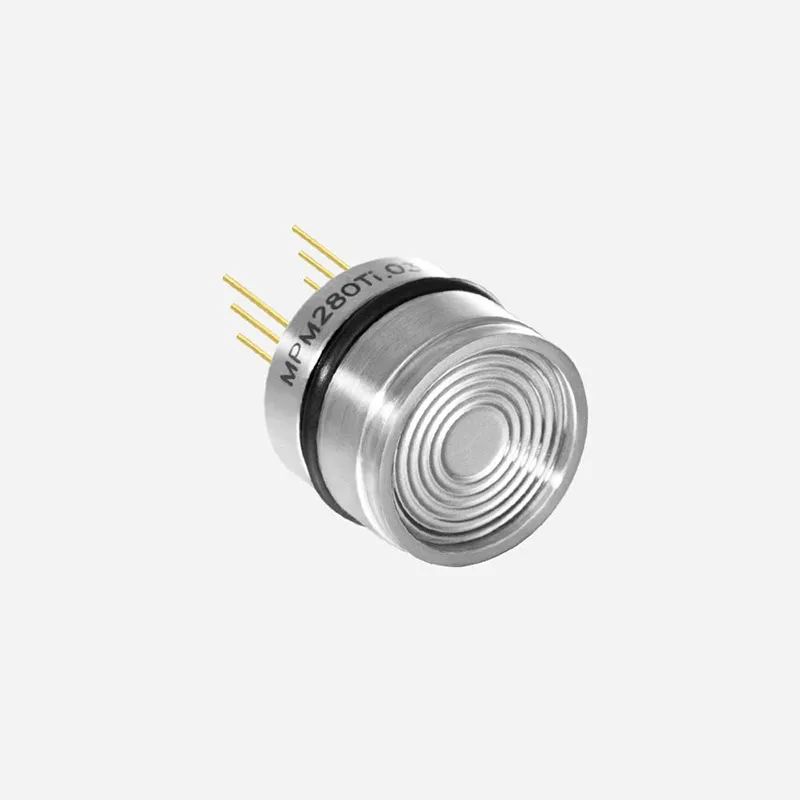
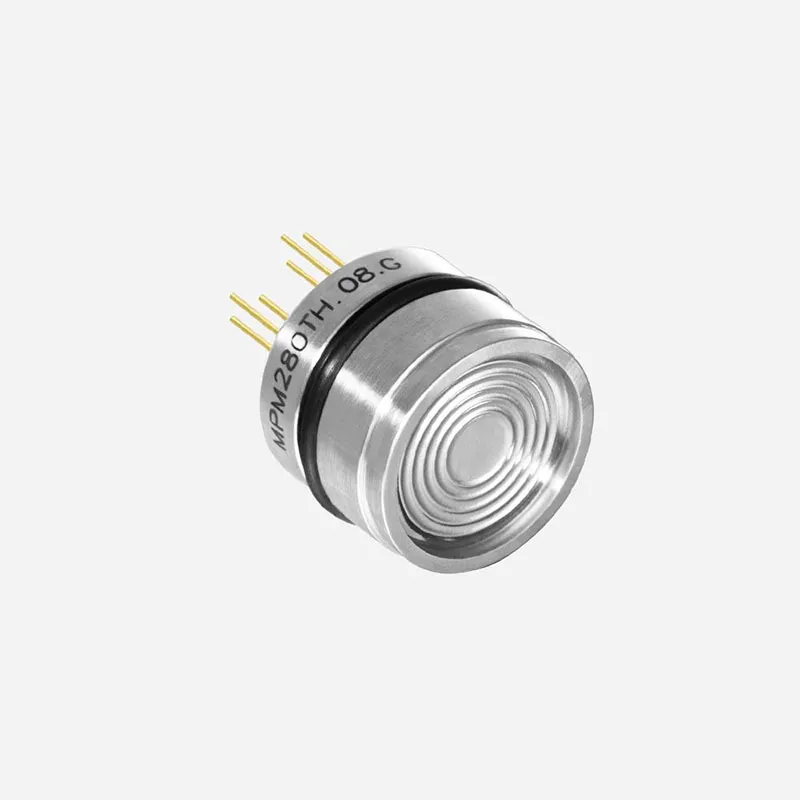
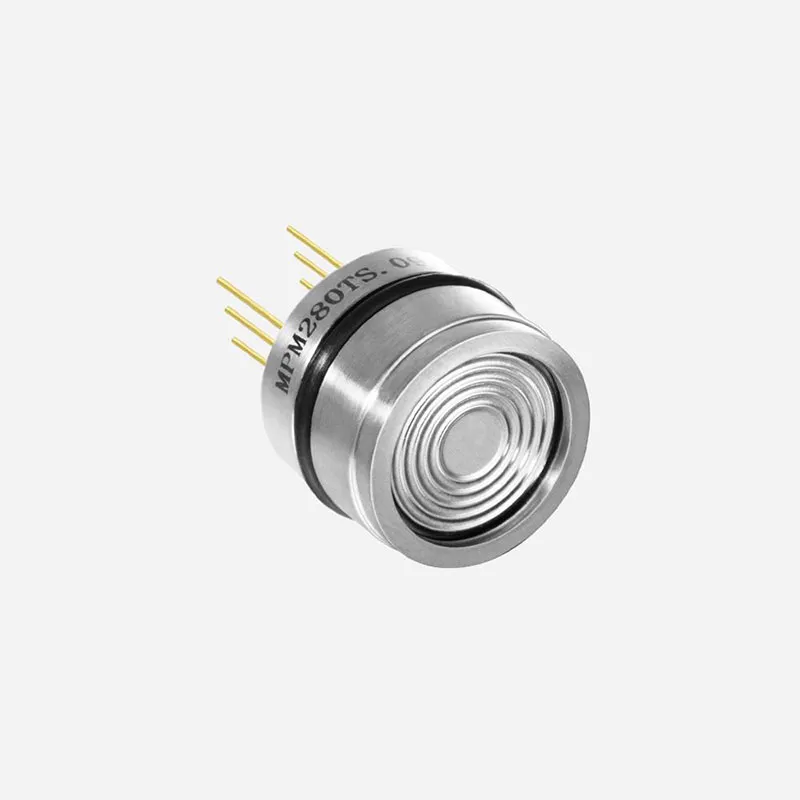
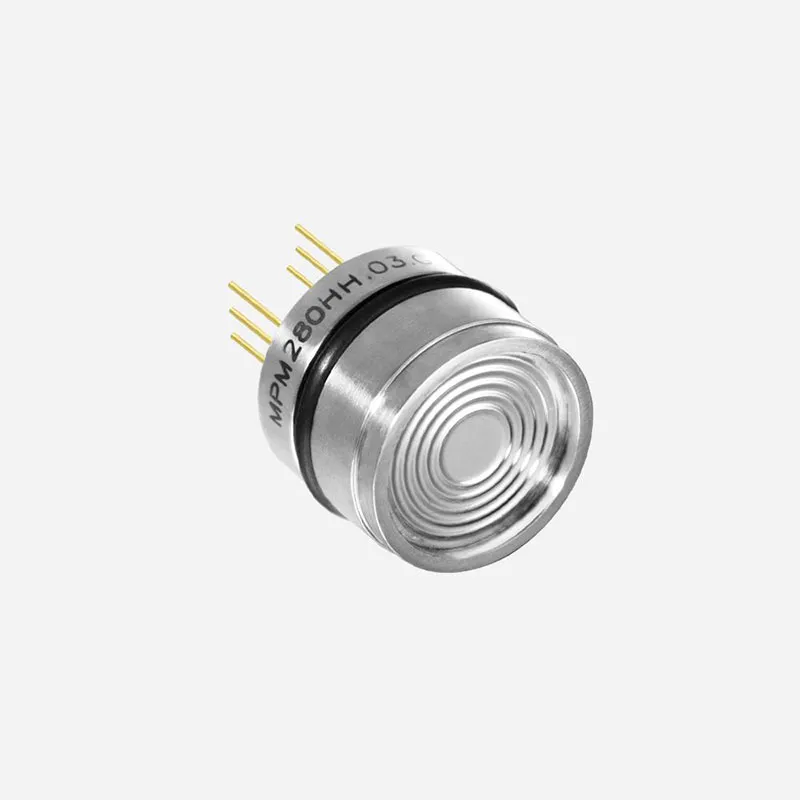
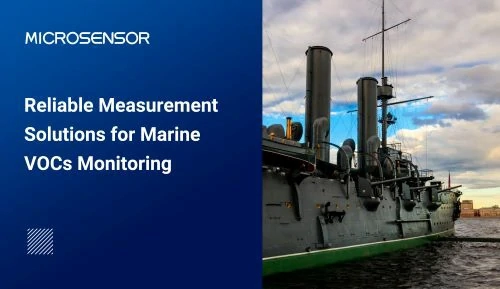
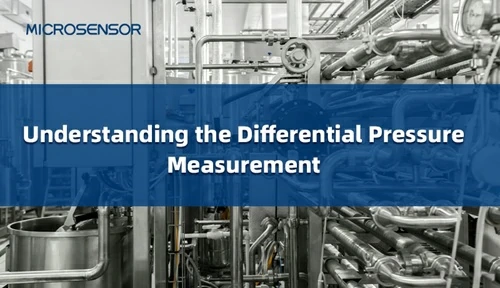
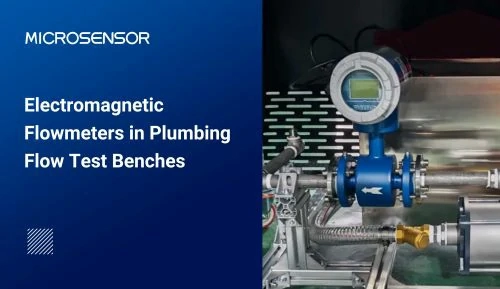
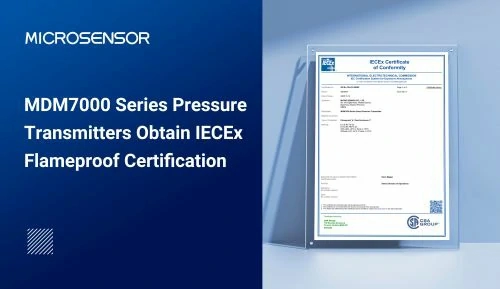
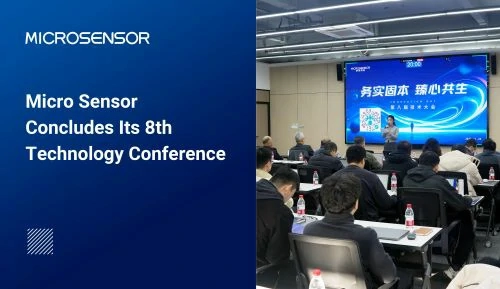
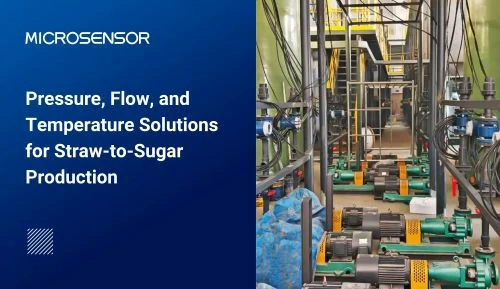
 Copyright © 2026 MICRO SENSOR CO., LTD
Copyright © 2026 MICRO SENSOR CO., LTD